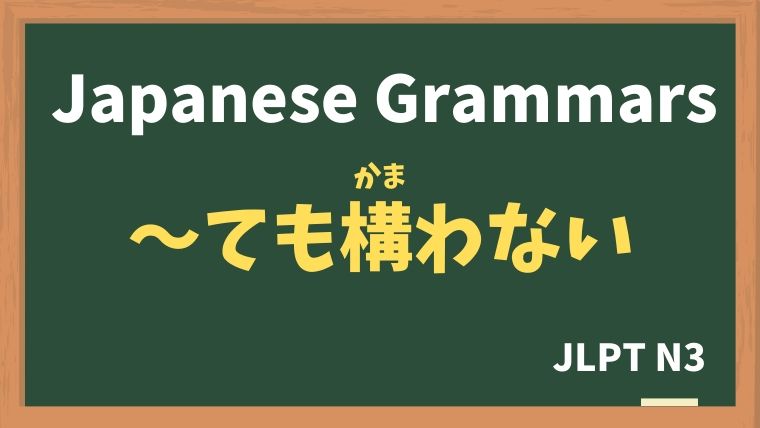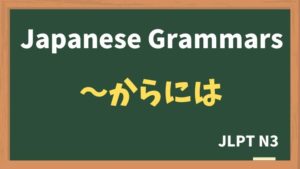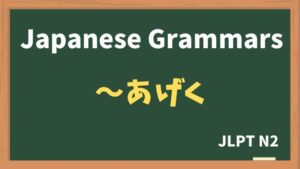
Explanation:〜ても構わない
fa-check-circleMeaning
"〜てもいい / 〜ても問題ない"
”don't mind / don't care”
Used to indicate that something is permissible or acceptable, even if a certain action or condition occurs. This expression conveys a sense of tolerance or flexibility regarding the outcome of an action.
fa-check-circleForm
V(te form)+ も構わない
イAくて + も構わない
ナAで + も構わない
Nで + も構わない
fa-check-circlePoints
- Permission or Tolerance: This phrase expresses that doing something, or having a particular outcome, is allowed or doesn't cause any problems.
- Casual or Formal: Depending on the context, this expression can be used in both casual and formal settings to give permission or show leniency.
- Similar to 〜てもいい: "〜ても構わない" is similar in meaning to "〜てもいい," but it can carry a slightly more formal or emphatic tone.
fa-check-circleJLPT Level
N3
Sample sentenes
スマホはメールと電話ができれば、古くても構いません。
As long as a smartphone can send emails and make calls, it doesn't matter how old it is.
わからない単語あったら辞書を使っても構いません。
If you come across a word you don't understand, it's okay to use a dictionary.
A:先生、すみません。レポートを書いたのですが、家に忘れてしまいました。
B:そうですか。じゃあ、提出は明日でも構いませんよ。
A: Excuse me, teacher. I wrote the report, but I forgot it at home.
B: I see. In that case, it's okay if you submit it tomorrow.
A:先生、この漢字難しすぎます。覚えられません。
B:これは日本人でも難しいですから、書けなくても構いませんよ。読めればいいです。
A: Teacher, this kanji is too difficult. I can't remember it.
B: It's difficult even for Japanese people, so it's okay if you can't write it. As long as you can read it, it's fine.
A:ここに座っても構いませんか。
B:はい、いいですよ。
A: Is it okay if I sit here?
B: Yes, that's fine.
Vocabulary
| Japanese |
English | |
| 提出 | ていしゅつ | to hand in / to submit |






